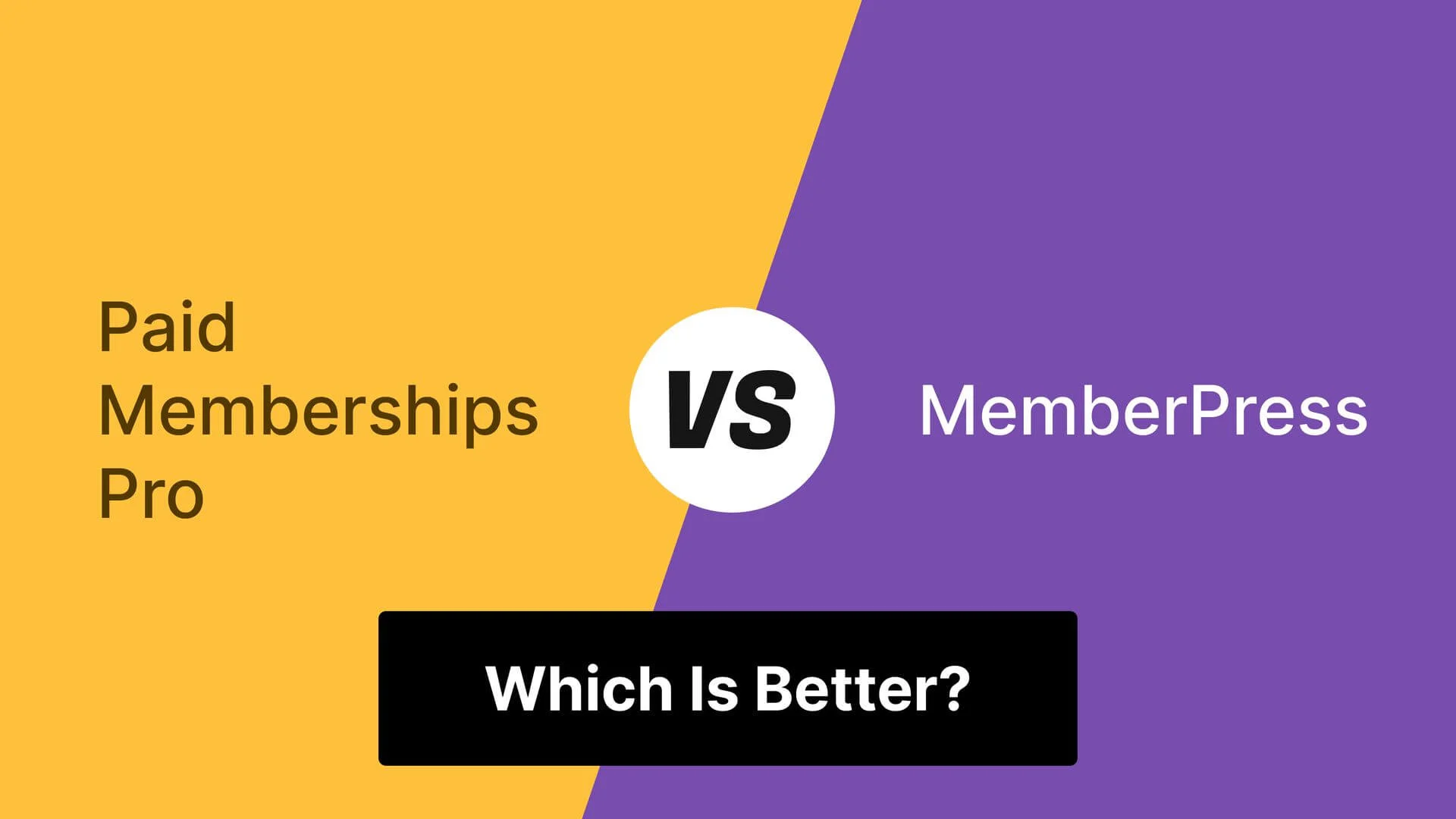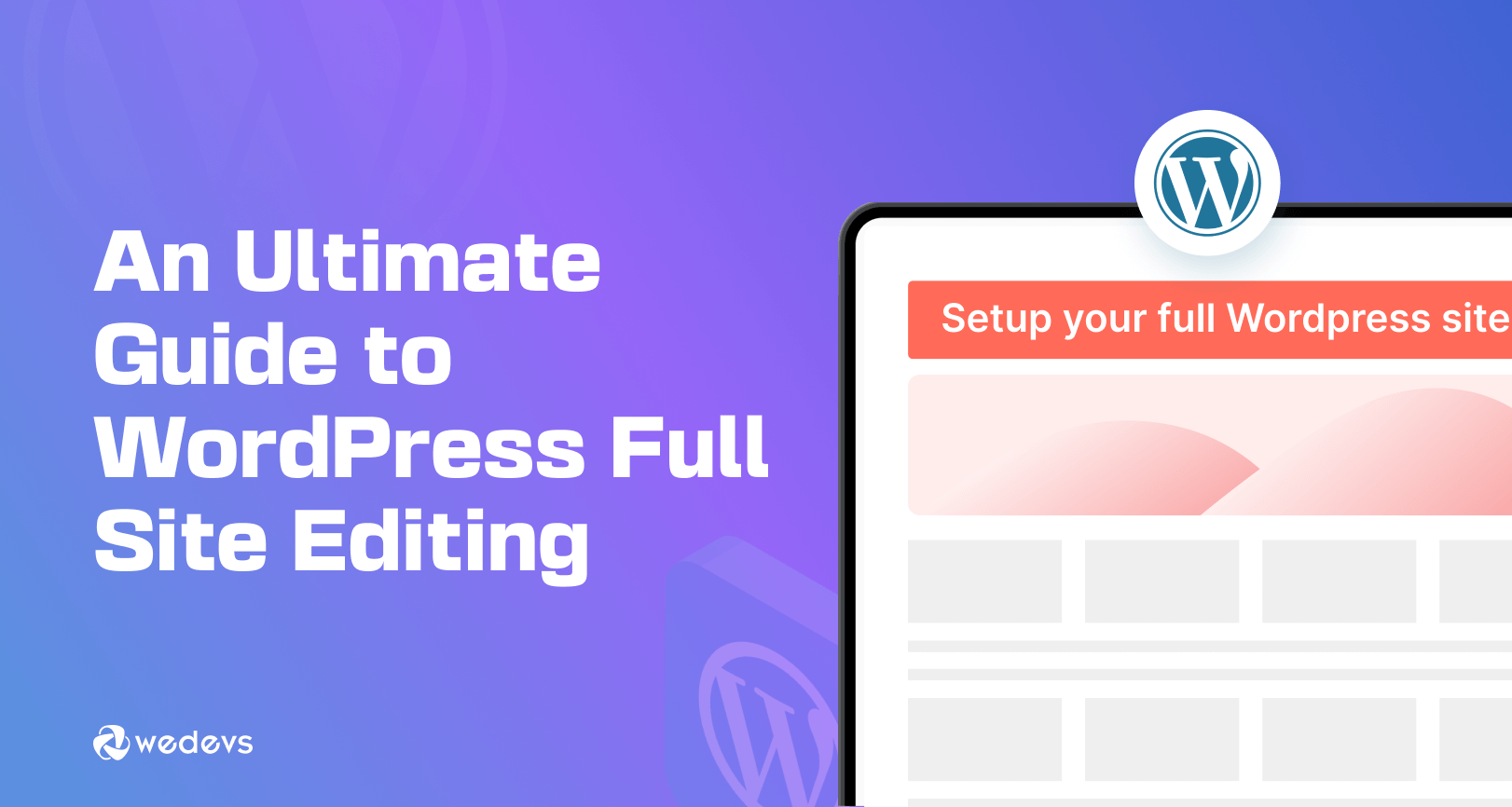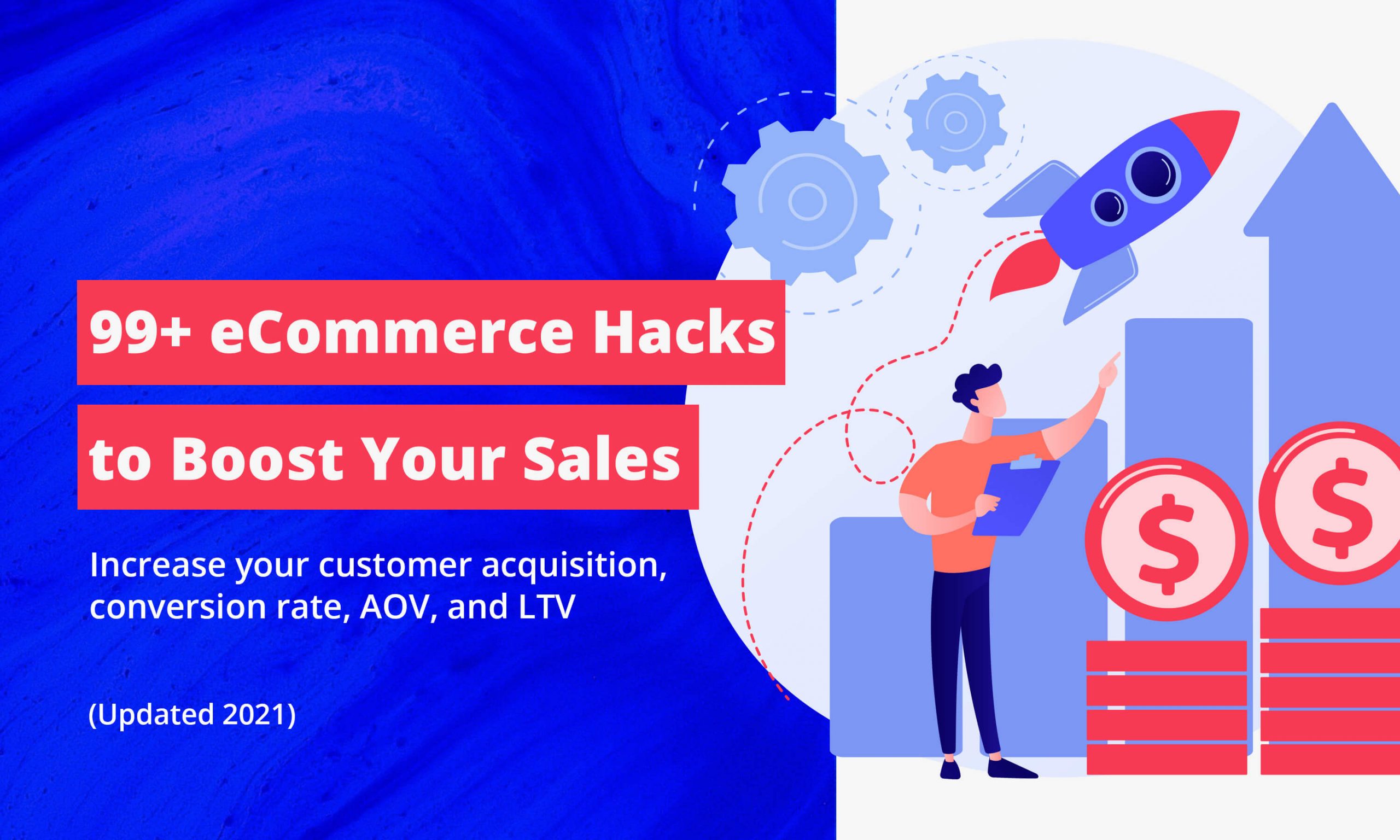You don’t need a big budget to outrank industry giants in search. What you need is strategy, speed, and precision. While big brands rely on massive content teams and ad spend, small creators and startups can use guerrilla SEO—agile, low-cost tactics that exploit gaps in authority, speed, and relevance. This guide reveals six underused but proven techniques to climb Google rankings without spending a dollar on ads, tools, or backlinks. From parasite SEO on community platforms to internal link arbitrage and data-driven outreach, these methods have helped unknown sites rank #1 for competitive keywords in under 90 days. No fluff. No hype. Just actionable steps you can implement today.
Parasite SEO on Community Platforms (Reddit, Indie Hackers)
Parasite SEO means leveraging high-authority third-party platforms to rank for keywords and drive traffic back to your site. Instead of building authority from scratch, you “piggyback” on domains like Reddit, Hacker News, Indie Hackers, or Quora that already have massive domain ratings (DR) and trust with Google.
Here’s how it works:
- Find high-traffic threads: Use tools like Google search operators or
site:reddit.com "keyword"to find active discussions related to your niche. - Provide massive value: Don’t spam. Write a detailed, helpful answer that solves the user’s problem. Include screenshots, step-by-step guides, or personal experiences.
- Link naturally: At the end, add: “I wrote a full guide on this with templates and tools—happy to share if useful.” Then link to your blog post.
Example: A SaaS founder ranks for “best cold email template for startups” by answering a Reddit thread on r/startups:
The winner? A 4-sentence structure based on pain-point mirroring.
Here’s the exact template I used to book 14 demos in 2 weeks:
[Paste template]
For the full breakdown (including subject lines and follow-ups), I published a guide here: [YourLink.com/cold-email-guide]
This post gains upvotes, visibility, and eventually ranks on page 1 for long-tail variations. The link passes referral traffic and signals to Google that your content is trusted.
Pro tips:
- Focus on platforms with high engagement: Reddit, Indie Hackers, GrowthHackers, Stack Overflow (for tech).
- Avoid direct promotion. Be helpful first, promotional only when relevant.
- Update old answers with new data to keep them visible.
Over time, these parasite posts become mini-landing pages that rank independently and feed traffic to your core content.
Digital PR with HARO + Help a B2B Writer
Digital PR is one of the most underused free backlink strategies. Instead of begging for links, you position yourself as a source for journalists and writers.
Two free platforms dominate this space:
- HARO (Help a Reporter Out): Journalists post queries looking for expert quotes. You respond with insights, and if selected, get a backlink from major publications like Forbes, Entrepreneur, or Business Insider.
- Help a B2B Writer: A Twitter/X community where writers seek sources for B2B content. Lower competition than HARO, higher chance of placement.
Here’s how to win:
- Sign up daily: HARO sends 3 emails per day (free). Scan for relevant queries.
- Respond fast: Most journalists need answers within 2–6 hours. Set phone alerts.
- Write expertly: Don’t pitch. Answer clearly, concisely, and with data. Example:
“One overlooked SaaS retention tactic is onboarding automation. In our client work, companies that use automated milestone emails see 3x higher Day-30 activation. For example, ToolXYZ reduced churn by 22% using a 5-email sequence triggered by feature usage.”
- Include bio & link: Always add: “Alex Rivera, Founder of FlowMetric. [YourWebsite.com]”
One HARO placement can earn a DR 90+ dofollow backlink. Even 2–3 per quarter significantly boost domain authority.
For Help a B2B Writer:
- Follow
@helpab2bwriteron X - Engage with posts: “I can help with SaaS pricing strategies”
- Share proprietary data: “Our survey of 200 founders shows 68% prefer annual billing”
These links are editorial, trusted, and highly valuable. And they cost nothing but time.
Internal Link Arbitrage Using Orphan-Page Audit
Most sites waste SEO power by letting high-potential pages go orphaned—pages with no internal links pointing to them. These pages get crawled rarely, if at all, and never rank.
Internal link arbitrage fixes this by identifying orphaned pages with strong content, then strategically linking to them from high-traffic pages to boost their visibility.
Step-by-step:
- Run an orphan-page audit: Use Screaming Frog (free 500-URL version) or Sitebulb. Crawl your site, go to “Internal” tab, and filter for pages with “Inlinks = 0”.
- Evaluate content: Look for pages with strong keyword targeting, depth, and relevance—even if they’re old.
- Link strategically: Add contextual links from your top 10 most-visited pages (check Google Analytics) to the orphaned page.
Example: You find an orphaned post: “How to Calculate CAC for Early-Stage Startups.” It’s well-written but gets zero traffic. You add a link to it from your popular post “SaaS Metrics Every Founder Must Track” with anchor text: “learn how to calculate customer acquisition cost.”
This transfers “link equity” and tells Google: “This page matters.” Within 4–6 weeks, it starts ranking for long-tail variations.
Bonus: Use your blog’s sidebar, footer, or “Recommended Posts” section to link to 3–5 orphaned pages. Rotate them monthly.
This tactic costs $0 and can revive pages that were already written—just underutilized.
“Best in Class” Statistics Pages That Earn Natural Backlinks
One of the most powerful (and free) ways to earn backlinks is to create a definitive statistics page—a single resource that compiles the latest, most relevant data in your niche.
These pages attract natural links because:
- Researchers, journalists, and bloggers need data
- Google favors fresh, factual content
- Other sites cite you as a source
Example titles:
- “2025 SaaS Industry Statistics: 78 Data Points Every Founder Should Know”
- “Freelancer Rates by Niche: 2025 Survey of 1,200 Independent Professionals”
- “Email Open Rate Benchmarks by Industry [Updated Monthly]”
To build one:
- Collect data from reputable sources: Statista, Gartner, Buffer’s annual reports, custom surveys.
- Organize by category with clear subheaders.
- Cite sources with links (boosts credibility).
- Update quarterly to maintain freshness.
• Companies that blog generate 67% more leads than those that don’t. (HubSpot)
• The average SaaS free trial conversion rate is 6.3%. (ProfitWell)
Promote it via:
- Twitter threads: “Just updated the 2025 SaaS stats page with 12 new data points.”
- HARO responses: Use stats as evidence in your answers.
- Guest posts: “As shown in our industry stats report…”
Over time, this page becomes a link magnet. Sites will reference it without outreach. One founder reported 42 backlinks to their “Remote Work Statistics” page within 6 months—all earned organically.
Template: 50 Outreach Emails with 30% Reply Rate
Cold outreach still works—if you do it right. The key is relevance, brevity, and value. Below is a proven template system used to achieve a 30%+ reply rate across 50 personalized emails (zero spam, zero tools).
Subject Line: “Quick question about [Their Recent Post]” (Personalization = higher open rate)
Loved your post on [Specific Topic]—especially your point about [Detail].
I’m working on a guide about [Related Topic] and would love your take:
[Insert 1-sentence question, e.g., “Do you find founders resist annual billing even when it increases LTV?”]
If you’re open to it, I’d be honored to quote you. Either way, keep up the great work.
Best,
[Your Name]
[Your Website]
Why this works:
- Compliment shows you read their work
- Question is easy to answer (low effort)
- No immediate ask for a link or favor
- Builds relationship before pitching
After they reply, follow up:
I’ve included your quote in the guide:
“[Your quote]” – [Your Name], [Title]
Here’s the draft: [Link]
If you’d like, I can add your headshot and bio. Just let me know!
P.S. If you know anyone else who’d add value, I’d appreciate an intro.
Now you’ve earned a backlink, built rapport, and opened the door for collaboration.
Scale this:
- Target 50 creators in your niche
- Personalize each email (5 minutes per)
- Send 5–10 per day to avoid spam filters
With a 30% reply rate, you’ll get 15 conversations, 8–10 quotes, and 5–7 backlinks—all for free.
KPI Tracker Spreadsheet (DR, Traffic, Conversions)
Without tracking, SEO is guesswork. Create a simple KPI Tracker in Google Sheets to measure progress weekly.
Columns to include:
- Target Keyword: Primary keyword you’re ranking for
- Current Position: Google rank (use Google Search or free tools like Ubersuggest)
- Domain Rating (DR): From Ahrefs (free checker) or Moz (free toolbar)
- Referring Domains: Number of unique sites linking to you
- Organic Traffic: From Google Search Console
- Conversions: Leads or sales from organic traffic
- Last Updated: Date of last content refresh
Example tracker:
| Keyword | Position | DR | Ref Domains | Traffic | Conversions | Last Updated |
|---|---|---|---|---|---|---|
| saas onboarding checklist | 8 | 34 | 29 | 1,240 | 38 | 2025-06-10 |
| cold email template startup | 3 | 34 | 33 | 2,890 | 67 | 2025-05-28 |
| freelance writing rates 2025 | 12 | 31 | 18 | 640 | 12 | 2025-06-05 |
Update this every Monday. Use it to:
- Spot ranking drops and investigate
- Double down on high-conversion keywords
- Refresh content that’s stagnating
- Celebrate wins and stay motivated
This spreadsheet is your SEO command center. It turns abstract efforts into measurable growth.
Conclusion: SEO on a Startup Budget
You don’t need money to win at SEO. You need creativity, consistency, and courage. The six tactics covered here—parasite SEO, digital PR, internal link arbitrage, statistics pages, smart outreach, and KPI tracking—form a complete guerrilla strategy that levels the playing field.
Giants move slowly. They can’t respond to every Reddit thread or HARO query. But you can. Your speed and agility are your advantages.
Focus on one tactic per week. Master it. Then stack them. Within 90 days, you’ll have:
- Multiple high-DR backlinks
- Improved internal link equity
- A content asset that earns links passively
- A growing list of industry connections
- Clear data on what’s working
SEO isn’t about gaming the system. It’s about providing better answers, faster. Do that consistently, and Google will reward you—no budget required.
Stop waiting for permission. Start ranking. The first page isn’t reserved for the rich—it’s earned by the relentless.






